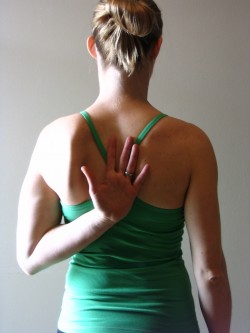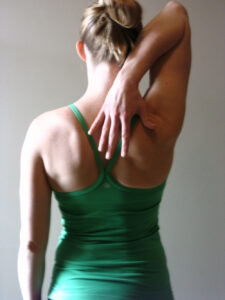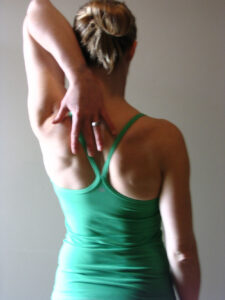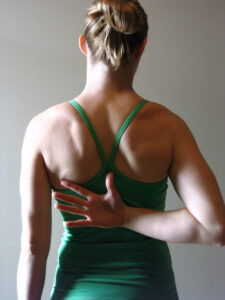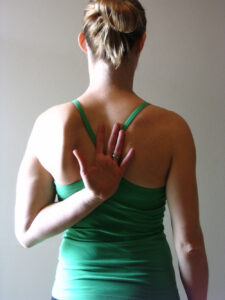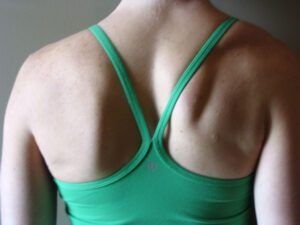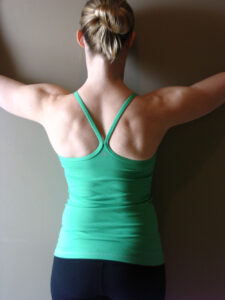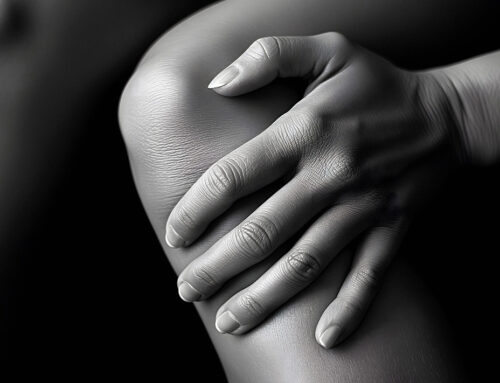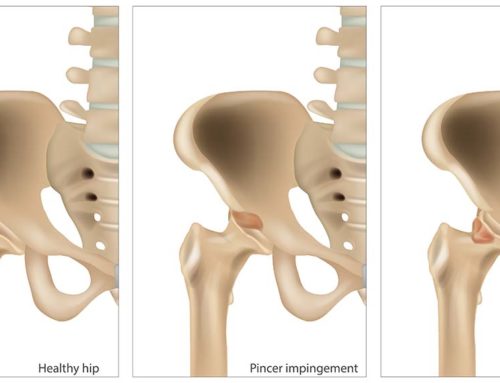Shoulder Pain
As mentioned in previous posts, certain sports are associated with certain injuries. As baseball season is upon us, it may be a good time to introduce you to some of the newer concepts associated with dysfunction in the throwing shoulder. Repeatedly throwing (as with baseball) places an enormous demand on the different tissues of the shoulder. Ask any competitive baseball player if their shoulder has ever been sore, and you’ll soon understand why much of the research on athletic shoulder injuries is performed on pitchers. Over the last few years, there have been some interesting articles and studies published in sports medicine journals that have changed the way that many practitioners assess, diagnose and treat these injuries.
Shoulder Pain
Many baseball players come to our clinic complaining of pain in the shoulder while throwing, which makes them unable to throw at their usual velocity and accuracy. Often referred to as the “dead arm” in throwing athletes, clinicians now have some useful ways to detect changes in the shoulder that may be causing the problem. Although not the actual clinical tests we would use, the following may give you an idea as to whether you have a shoulder at risk…
Scapular Dyskinesis
Is there a difference from left to right in how far you can bring your arm backwards?
Is there a difference from left to right in how far you can reach up your back?
Do the contours of your shoulder blades look different when you’re at rest?
Do the contours of your shoulder blades look different when you move your arms?
Shoulder Physiotherapy in Burlington ON
Although some of the above findings may help detect the shoulder at risk of injury, it’s important that you have your condition properly diagnosed by your chiropractor or sports medicine doctor. If you experience pain, stiffness, the dreaded “dead arm,” or if you simply plan on throwing a lot this summer, give us a call…there’s lots we can do to help! Active Release Technique and Graston Technique (when combined with the appropriate stretching and strengthening exercises) have been shown to be quite effective for shoulder pain, especially in throwing athletes. For more information or to schedule an appointment, please call us at 905.220.7858 or info@burlingtonsportstherapy.com
References
Burkhart SS, Morgan CD, Kibler B. The disabled throwing shoulder: spectrum of pathology part 1: pathoanatomy and biomechanics. The Journal of Arthroscopic and Related Surgery 2003; 19(4): 404-420.
Burkhart SS, Morgan CD, Kibler B. The disabled throwing shoulder: spectrum of pathology part 3: the SICK scapula, scapular dyskinesis, the kinetic chain and rehabilitation. The Journal of Arthroscopic and Related Surgery 2003; 19(6): 641-661.
McClure P, Tate A, Kareha S et al. A clinical method for identifying scapular dyskinesis, part 1: reliability. Journal of Athletic Training 2009; 44(2): 160-164.
Tate A, McClure P, Kareha S et al. A clinical method for identifying scapular dyskinesis, part 2: validity. Journal of Athletic Training 2009; 44(2): 165-173.
Disclaimer https://burlingtonsportstherapy.com/blog/disclaimer/

